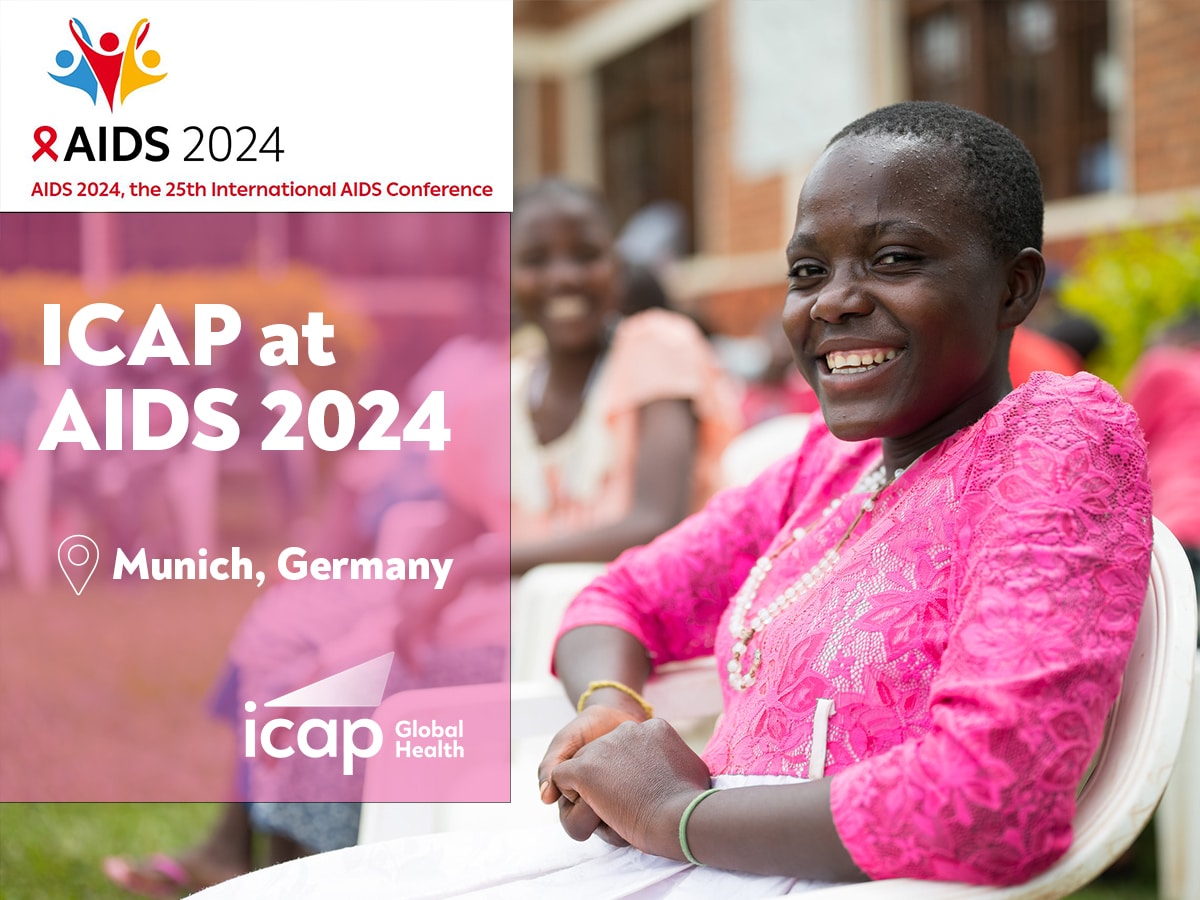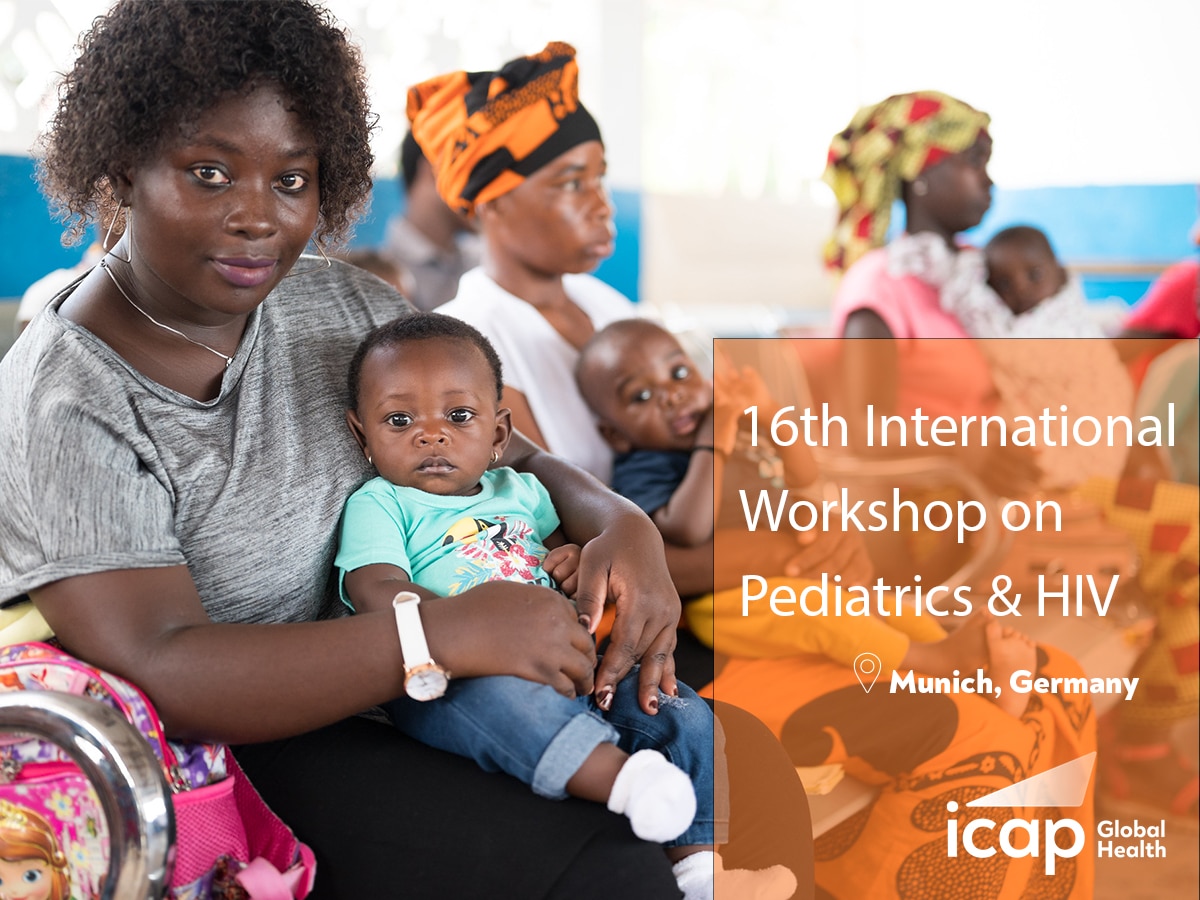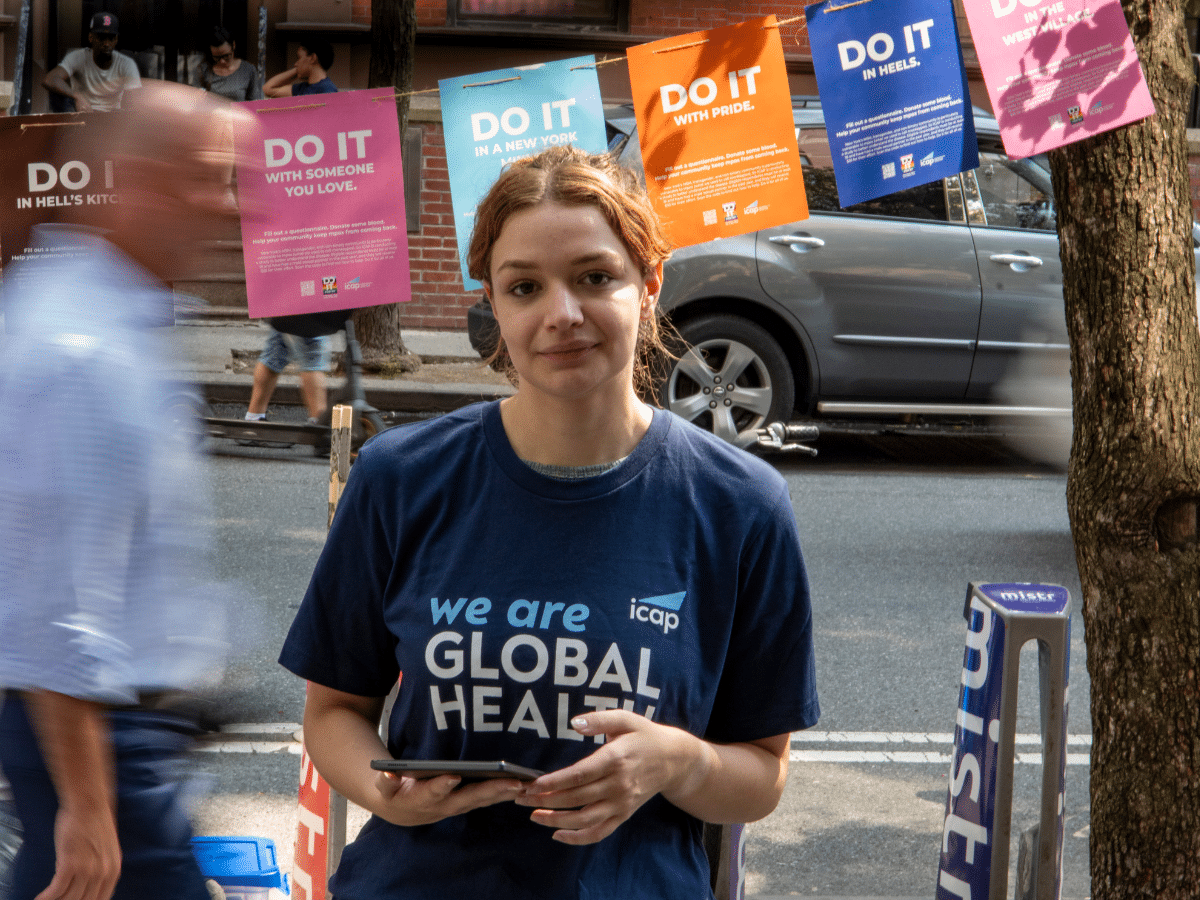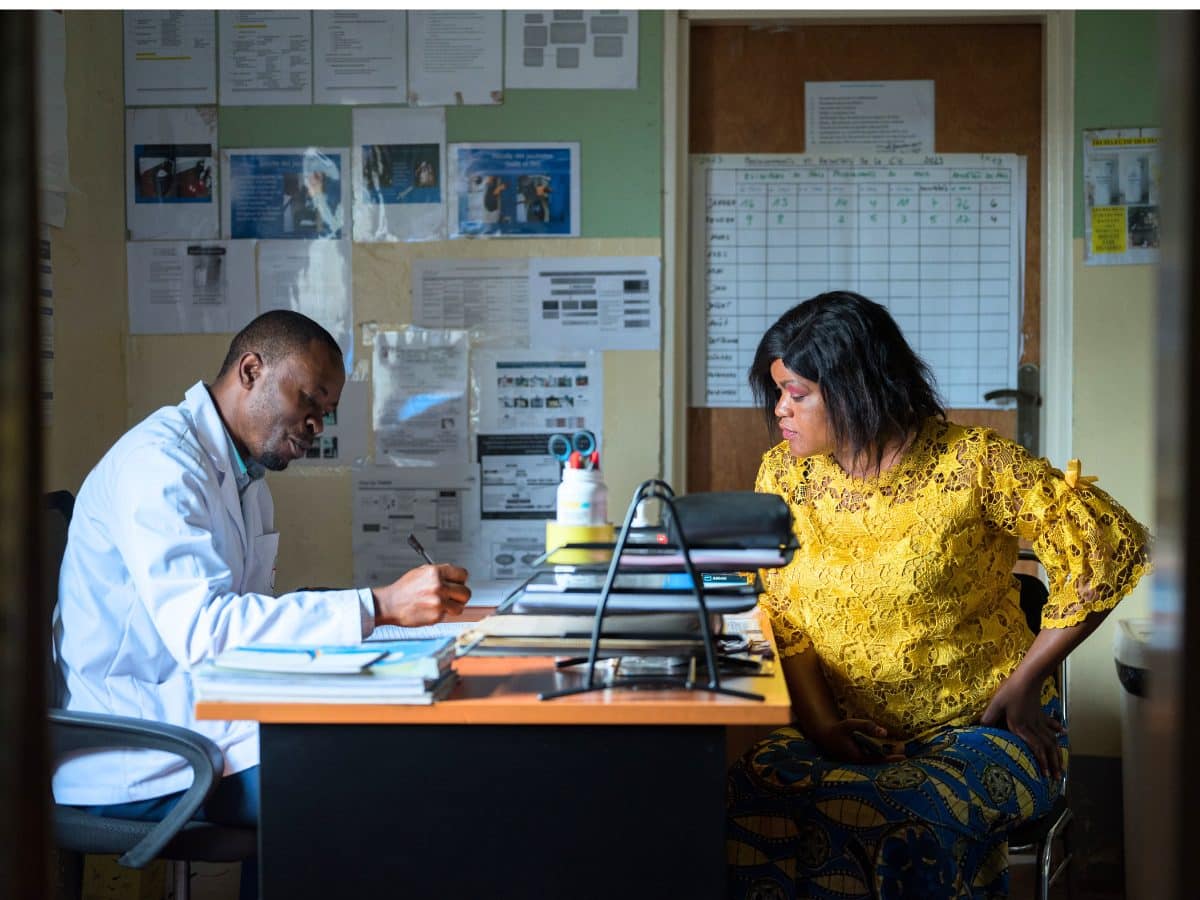-
Date: June 20, 2023
-
Start Time: 9:00 am
End Time: 10:00 am
-
Location: Online
On Tuesday, June 20, 2023, World Refugee Day, ICAP’s Grand Rounds webinar series presented on The Refugee Crisis: Addressing the Health of Displaced Populations.
At this June Grand Rounds, experts from ICAP and Columbia University’s Population and Family Health department discussed the health challenges faced by displaced populations. Limited access to food, water, sanitation, and health services lead to elevated risk of poorer health outcomes among refugees and present unique challenges for public health efforts aimed at these vulnerable groups. This presentation examined the impact of forced displacement on health and presented findings from recent studies looking at the intersection of mobility and health outcomes, including findings from the first-ever Population-based HIV Impact Assessment of refugee populations in Uganda.
Presented by:
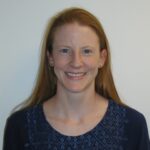 Sara Casey, DrPH
Sara Casey, DrPH
Sara Casey, DrPH, is an assistant professor of Population and Family Health at the Columbia University Medical Center. Dr. Casey has spent the past 20 years working to improve sexual and reproductive health and rights in countries whose health systems have been weakened by war or natural disaster. Dr. Casey is also director of the Reproductive Health Access, Information and Services in Emergencies (RAISE) Initiative, a global program collaborating with program partners to identify and respond to challenges to improve sexual and reproductive health services in humanitarian settings in Africa and Asia. She provides technical guidance to partners to establish program monitoring and evaluation systems and conduct health facility assessments, population-based surveys and other implementation research.
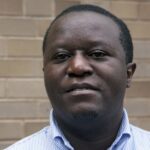 Sam Biraro, MBChB, PhD
Sam Biraro, MBChB, PhD
Dr. Sam Biraro is ICAP’s country representative in Uganda and leads UPHIA, the PEPFAR-supported population-based HIV impact assessment survey that is reaching 15,000 households and engaging multiple national and international stakeholders. He began his career in clinical practice with Mulago Hospital in Kampala and later with Kisiizi, a missionary hospital in rural southwestern Uganda. He then worked in clinical research with Epicentre/MSF on studies looking into strategies for HIV care and treatment and treatment of malaria. At the Medical Research Council and the Uganda Virus Research Institute, Sam conducted population-based surveillance of HIV, HSV-2, and sexually transmitted infections. Most recently, his work has focused on non-communicable diseases (NCDs), including studies into the burden of NCDs in the general population and health facility readiness to provide NCD care, as well as on an intervention to strengthen the health system in provision of NCD care. Dr. Biraro graduated as a medical doctor (MBChB) from Mbarara University and earned an MPH from Loma Linda University. He completed his PhD at the London School of Hygiene and Tropical Medicine.
 Andrea L. Wirtz, PhD, MHS,
Andrea L. Wirtz, PhD, MHS,
Johns Hopkins University, Bloomberg School of Public Health
Dr. Wirtz is a faculty member in the Department of Epidemiology and affiliated with the Center for Public Health and Human Rights and the Center for Humanitarian Health at Johns Hopkins School of Public Health. Her research focuses on community-partnered international and domestic epidemiologic research and interventions to address HIV and related health outcomes, with particular attention to populations that have been excluded from or invisible within research or otherwise traditionally underserved in health services. Internationally, she most recently served as joint Principal Investigator of a community-academic-policy collaboration to estimate HIV prevalence and other health indicators among Venezuelan migrants and refugees in Colombia. In the U.S., she is the joint Principal Investigator of a nationwide cohort exclusively focused on the unique health and HIV risks in transgender women. She is interested in how epidemiologic methods can be leveraged in complex situations and has contributed epidemiologic expertise to a number of humanitarian interventions and human rights investigations in diverse settings. At the Johns Hopkins School of Public Health, Dr. Wirtz instructs graduate-level courses on health survey research methods and the use of epidemiologic methods to document human rights violations.



